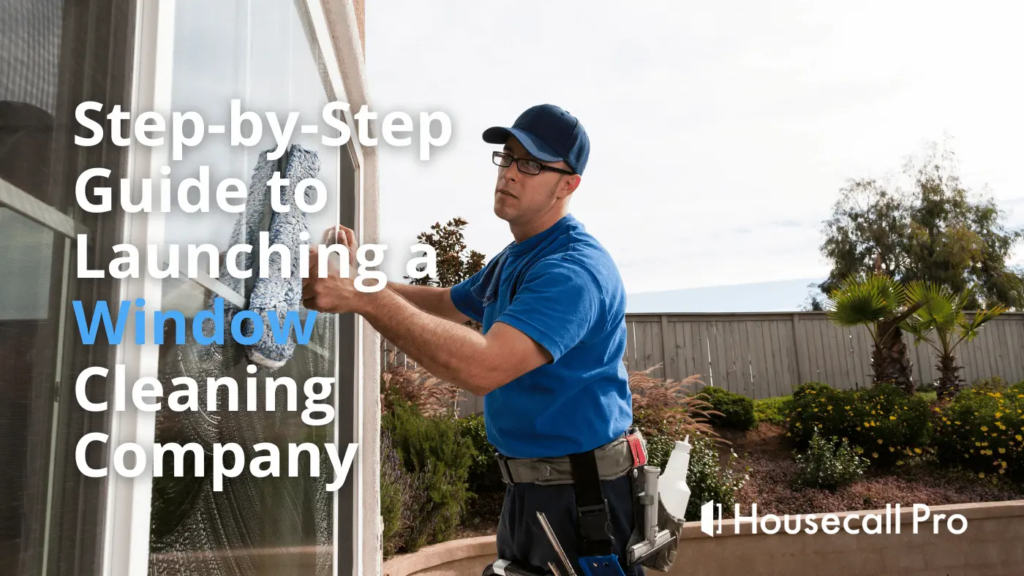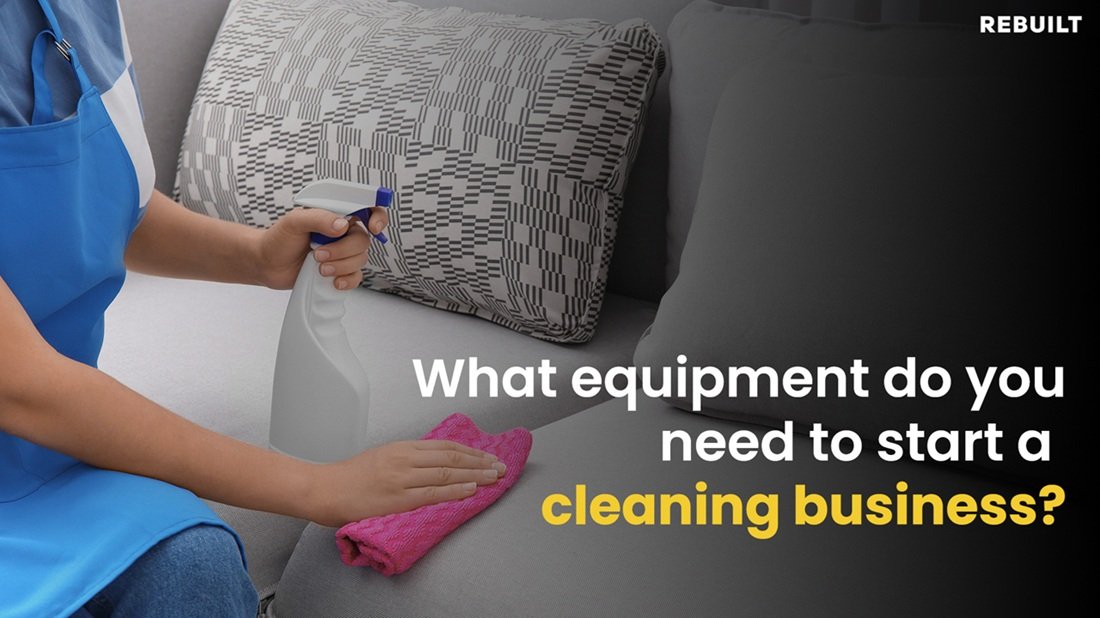What Do You Need to Start a Cleaning Business can be a rewarding and profitable venture. With the right planning, equipment, and marketing, you can tap into a growing market that spans residential, commercial, and industrial sectors. Whether you are looking to run a small-scale operation or expand into a large company, understanding the essentials is crucial. In this article, we’ll outline what you need to start a cleaning business, including legal requirements, equipment, and effective strategies to ensure success.
1. Research and Planning: The First Step to Success
Before diving into the logistics of setting up your cleaning business, market research is essential. You need to know your potential customers, competitors, and the best cleaning services to offer. Understanding your local market will help you focus on the most profitable niche.
1.1 Define Your Niche
Cleaning businesses can vary significantly depending on the type of services offered. Some common niches in the cleaning industry include:
- Residential cleaning: Regular home cleaning, deep cleaning, move-in/move-out services.
- Commercial cleaning: Office spaces, retail stores, and other business facilities.
- Specialized cleaning: Carpet cleaning, window washing, post-construction cleaning, and more.
By narrowing down your focus, you can tailor your marketing efforts and improve customer acquisition.
1.2 Create a Business Plan
A business plan outlines your vision and strategies for growing the business. It helps keep you on track and can be useful when applying for loans or finding investors. Here are key points to include:
- Business goals and objectives
- Target audience
- Pricing strategies
- Marketing plan
- Financial projections
2. Legal Requirements and Registration

Starting a cleaning business involves meeting various legal requirements. You need to ensure your business is compliant with local laws and regulations.
2.1 Choose a Business Structure
You will need to decide on a legal structure for your cleaning business. Common structures include:
- Sole proprietorship: Simple and cost-effective, ideal for one-person operations.
- Limited Liability Company (LLC): Protects personal assets and provides flexibility.
- Corporation: A more complex structure suited for larger operations.
2.2 Register Your Business
After choosing your business structure, you will need to register your business with the appropriate government agencies. This could involve registering your business name, getting a federal Employer Identification Number (EIN), and acquiring a business license.
2.3 Obtain Insurance
Insurance is crucial in the cleaning industry due to potential risks, such as property damage or personal injury. Consider the following types of insurance:
- General liability insurance
- Workers’ compensation insurance (if you have employees)
- Bonding: Ensures that clients are protected in case of theft or damage.
3. Required Equipment and Supplies
Having the right equipment is critical to providing quality cleaning services. The tools you need will vary based on the type of cleaning you plan to offer, but here’s a general list of the essentials.
3.1 Basic Cleaning Equipment
No matter what niche you choose, there are a few basic tools you will need:
- Vacuum cleaner
- Mops and brooms
- Cleaning cloths and microfiber towels
- Buckets and caddies
- Dusters and brushes
- Spray bottles for cleaning solutions
- Trash bags and bins
3.2 Specialized Equipment for Niche Services
If you’re offering specialized cleaning services, you will need additional equipment:
- Carpet cleaning machines (for carpet cleaning businesses)
- Power washers (for outdoor cleaning)
- Window cleaning tools (for commercial or high-rise window cleaning)
- Floor buffers and scrubbers (for hard floor maintenance)
3.3 Cleaning Supplies
The cleaning products you use will directly affect the quality of your service. Here are some essential products:
- All-purpose cleaners: For general surface cleaning.
- Disinfectants and sanitizers: To kill germs and bacteria.
- Glass cleaner: For streak-free windows and mirrors.
- Floor cleaner: Suitable for different floor types.
As part of your business, consider offering eco-friendly cleaning services, which are gaining popularity among customers. You can use non-toxic, biodegradable products to attract a growing demographic that prioritizes sustainability.
4. Setting Your Prices and Offering Services

One of the most challenging aspects of starting a cleaning business is pricing your services competitively while ensuring profitability.
4.1 How to Price Your Services
There are several pricing models for a cleaning business:
- Hourly rates: You charge clients based on the amount of time spent cleaning.
- Flat rates: A set price for a specific service, such as a one-time cleaning or recurring cleanings.
- Per square foot: Common for commercial cleaning.
Research your competitors to determine industry-standard pricing in your area. Consider the cost of your supplies, labor, transportation, and other overhead expenses when setting rates.
4.2 Create Service Packages
Offering service packages is an effective way to provide value and cater to different customer needs. For example:
- Basic package: Regular cleaning services for a fixed fee.
- Deep cleaning package: Includes more thorough cleaning for homes or offices.
- Move-in/move-out cleaning: Ideal for people relocating or real estate agents.
4.3 Offer Recurring Services
Recurring cleaning contracts, such as weekly or monthly cleanings, provide steady income for your business. Consider offering discounted rates for clients who book regular services, which helps build long-term relationships.
5. Marketing Your Cleaning Business
Once your business is up and running, you need to attract clients. Effective marketing strategies will ensure your cleaning business stands out in a competitive industry.
5.1 Online Presence and Website
In today’s digital age, having a professional website is crucial. A well-designed website will serve as your business’s online storefront, showcasing your services, pricing, and contact details. It’s also an excellent platform for collecting customer reviews and testimonials.
5.2 Social Media Marketing
Utilizing platforms like Facebook, Instagram, and LinkedIn can help you connect with potential customers. Post before-and-after photos of your work, share cleaning tips, and engage with followers to build brand awareness.
5.3 Local Advertising
Consider advertising locally through flyers, local newspapers, and online classified ads. You can also partner with local businesses, real estate agents, and property managers to gain referrals. Word of mouth is one of the most effective marketing tools in the cleaning industry.
5.4 Offer Promotions and Discounts
Attract new customers by offering special promotions or discounts. For example, you could offer a discount for the first cleaning or give a free service after a certain number of cleanings.
6. Managing and Growing Your Cleaning Business

As your business grows, you will need to manage it effectively to ensure it continues to thrive.
6.1 Hiring Employees or Contractors
If you’re planning to expand your business, consider hiring employees or independent contractors. Ensure you provide training to maintain consistent service quality. You’ll also need to manage payroll, taxes, and other employee-related responsibilities.
6.2 Track Finances and Expenses
Keeping track of your finances is essential. Use accounting software or hire a professional accountant to manage your income and expenses, ensure tax compliance, and plan for growth.
6.3 Customer Retention
Customer retention is key to maintaining a steady flow of income. Always strive to deliver excellent service and follow up with customers to ensure satisfaction. Happy customers are more likely to recommend you to others.
Conclusion
What Do You Need to Start a Cleaning Business can be a profitable venture if you plan well and put the right systems in place. By conducting thorough research, obtaining the necessary equipment, and marketing your services effectively, you can build a strong foundation for your business. Remember that excellent customer service and attention to detail are key to ensuring the success and longevity of your cleaning business. With dedication and the right approach, you can create a thriving business in the ever-growing cleaning industry.
Desclaimer
The information provided in this article is for general informational purposes only. While every effort has been made to ensure accuracy, we do not guarantee the completeness or reliability of the content. Readers should independently verify details and seek professional advice where necessary before starting a cleaning business.










